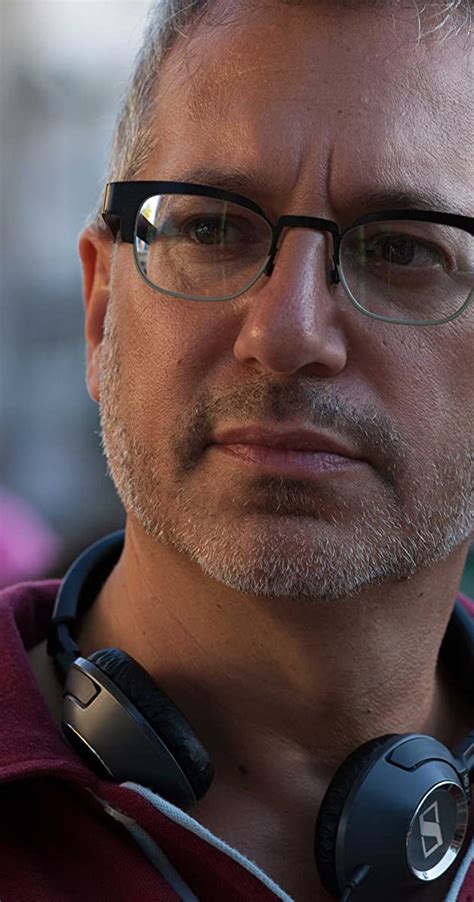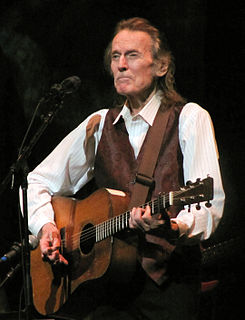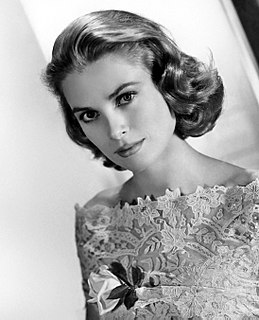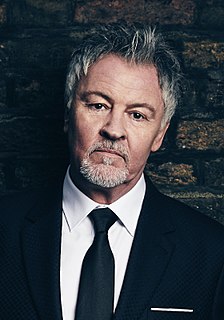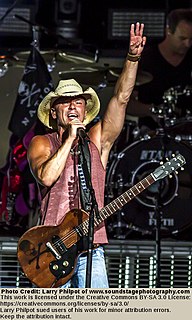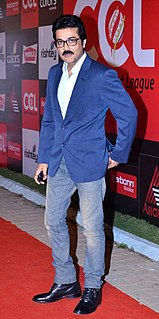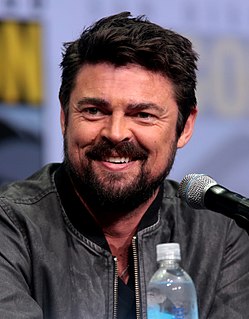A Quote by Clint Eastwood
Hitchcock used to believe that if there were three or four memorable scenes in a film that would be enough to drive it, but I don't know if that's true or not.
Related Quotes
When I was 16, I used to drive huge loads of laundry in a three ton truck. I would turn round at night to drive back and see the band in a place north of Toronto called Dunn's Pavilion. I would drive that truck all day and they drive back and all the way until one day I wrecked the truck. I fell asleep and wrecked it. I was OK and so was my helper. I called my dad and the first words out of his mouth were, "are you OK?" I was really lucky I had a kind father.
Kurt Russell said another brilliant thing. He had starred in umpteen movies by that point. And he said, "Generally speaking, in every film I've done, there are only about three or four scenes that I can really do something with. For the rest of it, it's not so much that you don't have to prepare, but there's not much you can really do. You just do what is asked of you in those scenes. You don't want to do too much."
I remembered watching the film from Alfred Hitchcock, 'Dial M for Murder,' and he shot almost all of that movie in one room. There was a genius in what Hitchcock did by manipulating things in that room so that you could see the distances between things like the tables and the vases because of how he used perspective.
When I started playing music at East Tennessee State University I would sit on a stool with a tip jar in front of me and play four hours a night at a college bar called Quarterback's Barbecue. I wasn't thinking about doing it for a living. I was just making enough money to go to Taco Bell every day. People were eating chips, drinking beer and not listening to me. I'd had three or four years of people ignoring me, and I'd kind of gotten used to it.
[When accepting the American Film Institute Life Achievement award] I beg permission to mention by name only four people who have given me the most affection, appreciation, and encouragement, and constant collaboration. The first of the four is a film editor, the second is a scriptwriter, the third is the mother of my daughter Pat (Patricia Hitchcock), and the fourth is as fine a cook as ever performed miracles in a domestic kitchen. And their names are Alma Reville.

